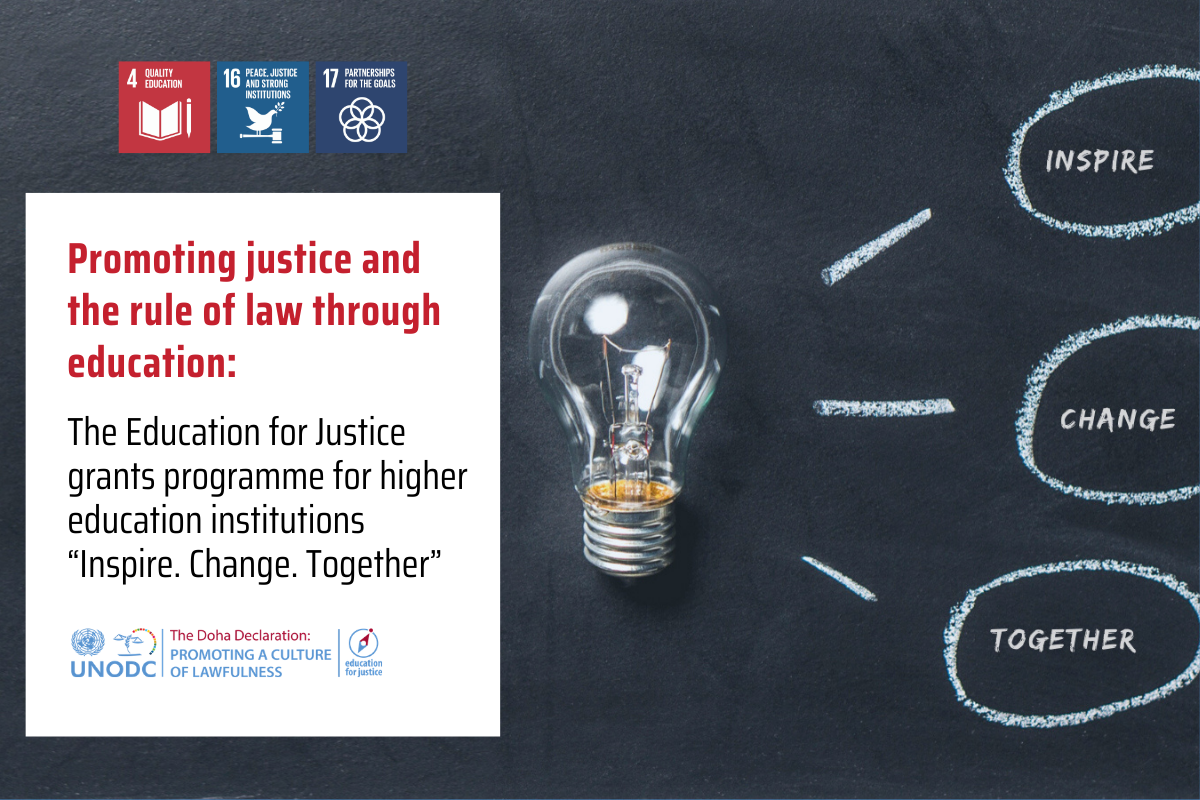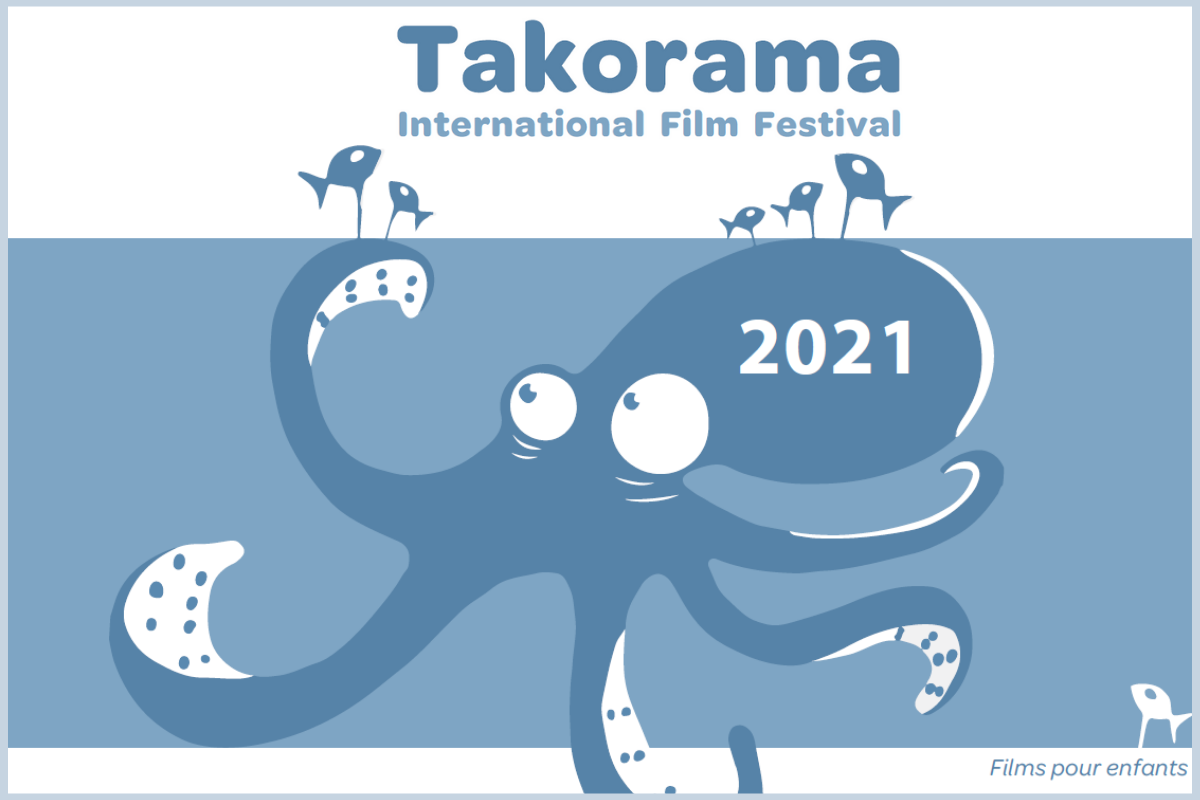Call for Abstracts: 2018 International Academic Conference on Organized Crime and Gender
13 February 2018 - Organized crime has generated significant interest in academic, policy and law enforcement circles, amid the spread of globalization and increasing transnational flows, which have in turn shaped the contexts within which organized crime flourishes. Plenty of attention has also been paid to the emergence and development of organized criminal groups in specific locations around the world.
Despite their visibility and the abundance of literature on their activities and structures, organized criminal groups also constitute a contentious focus of research. Empirical work on their dynamics is still scant. Their representations through media and law enforcement, policy and state discourses often convey ethnic stereotypes and stigmatize communities. Most work continues to showcase the perspectives of European and American academia and policy makers, simultaneously and unintendedly restricting the ability of scholars from the Global South to engage in transnational and critical dialogues of how organized crime impacts the security of their regions. Furthermore, the gender/ed dimensions of organized crime also remain largely unexplored.
In order to address these gaps, to display innovative global and critical research on organized crime, and to contribute to the crafting of legal and policy reform on crime, UNODC's Education for Justice initiative and the Migration Policy Centre at the European University Institute (EUI) will convene an International Academic Conference on the gender and gendered dynamics of organized crime, including trafficking in persons and smuggling of migrants. The Conference will be held from 11-13 July 2018 in Florence, Italy.
A call for abstracts is now open for research that focuses on the linkages between organized crime and gender. Abstracts must be received no later than 9 March 2018. Full submission details and criteria are available here.


